|
Learn More
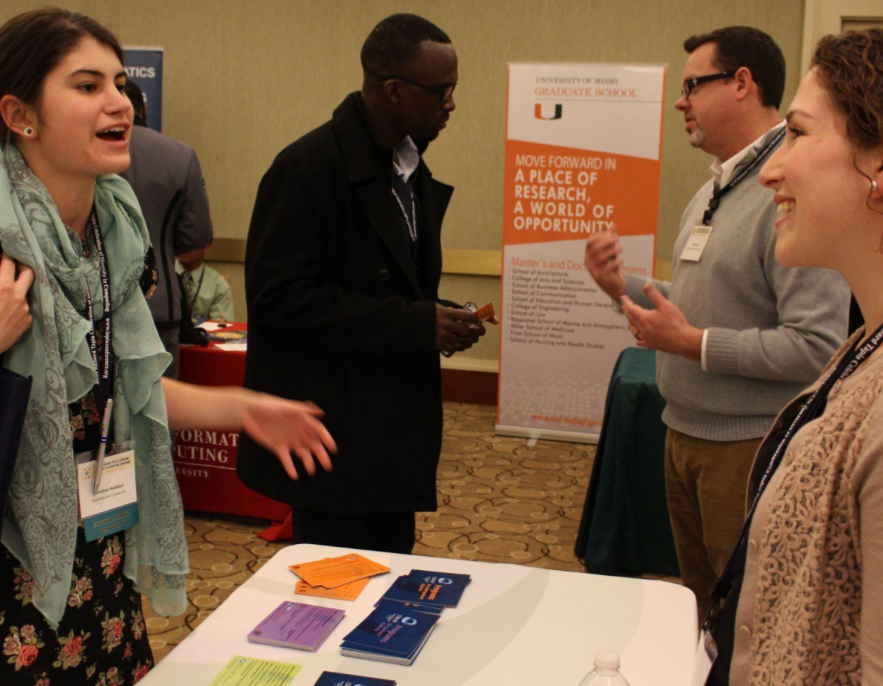 Summer is here and that means TAPIA and GHC are upon us. Both events are scheduled for September 2023, so mark your calendars! The 2023 TAPIA Conference for the celebration of diversity in computing is happening in Dallas, TX Sept. 13-15. Shortly after TAPIA 2023, GHC will follow! The 2023 Grace Hopper Celebration will be held in Orlando, FL Sept. 26-29. Read More
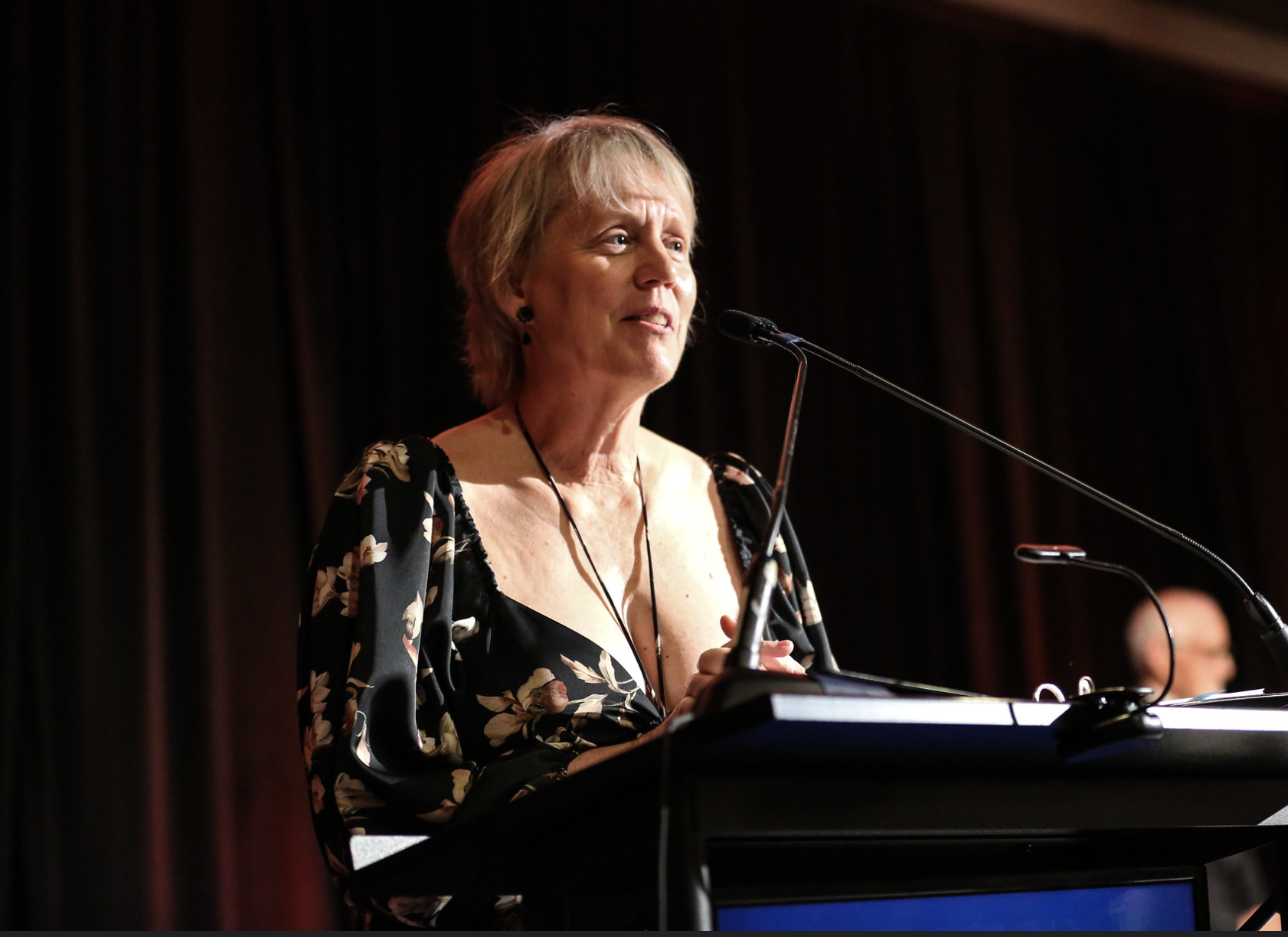 The Computing Research Association’s Executive Director, Tracy Camp, presented three prestigious awards, the Skip Ellis Early Career Award and the Outstanding Faculty Mentor Awards, this June at the ACM Awards Banquet in San Francisco. Tracy was assisted by Dean of the Baskin School of Engineering, Distinguished Professor of Computer Science and Engineering at the University of California, Santa Cruz and CRA Board Member, Alex Wolf. Read More
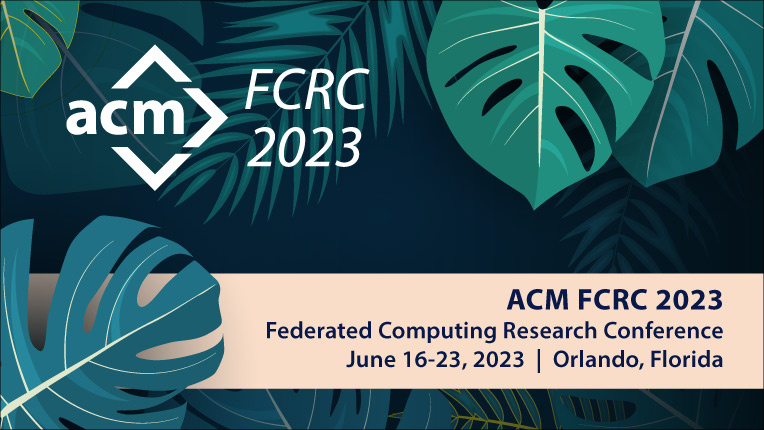 In June, the brightest minds in computing research descended on Orlando, Florida to attend this year’s Federated Computing Research Conference (FCRC). Organized by the Association for Computing Machinery (ACM) every four years, FCRC assembles a spectrum of affiliated research conferences and workshops into a week-long, co-located meeting that facilitates connections between researchers in different fields of computing and engineering. Read More
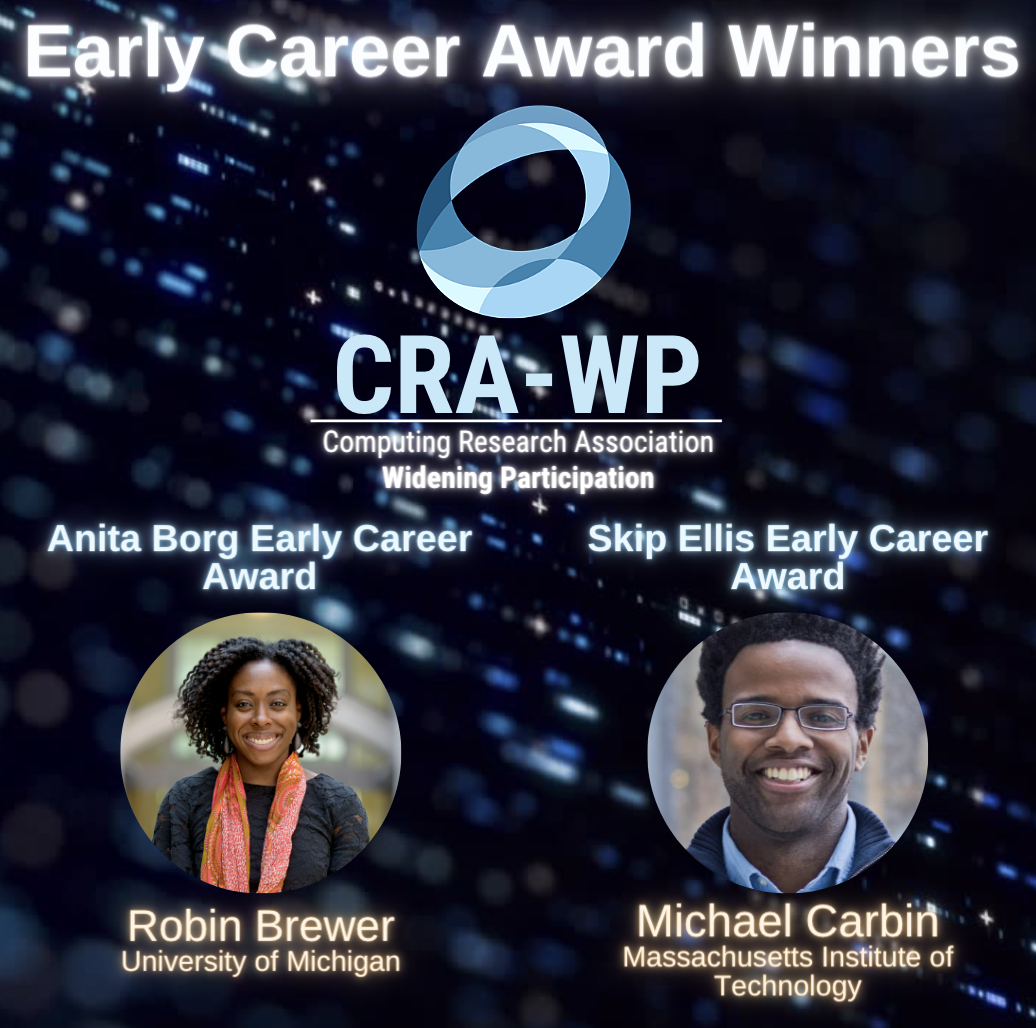 The 2023 winners for the Borg Early Career Award and Skip Ellis Early Career award have been selected! 2023 BECA Recipient | Robin Brewer, University of Michigan 2023 SEECA Recipient | Michael Carbin, Massachusetts Institute of Technology The CRA-WP Early Career Awards are in honor of two notable computer scientist pioneers, Anita Borg and Clarence “Skip” Ellis. Read More
 This year, 15 women were selected to receive Scholarships for Women Studying Information Security (SWSIS). The SWSIS program provides scholarships for women studying for their Bachelor’s and Master’s degrees in fields relating to information security. The purpose of these scholarships is to provide assistance to women at the formative stages of their careers in these fields. As of fall 2022, SWSIS scholarships have been awarded to over 150 women studying information security.
Read more about the selected recipients in this article.
Read More
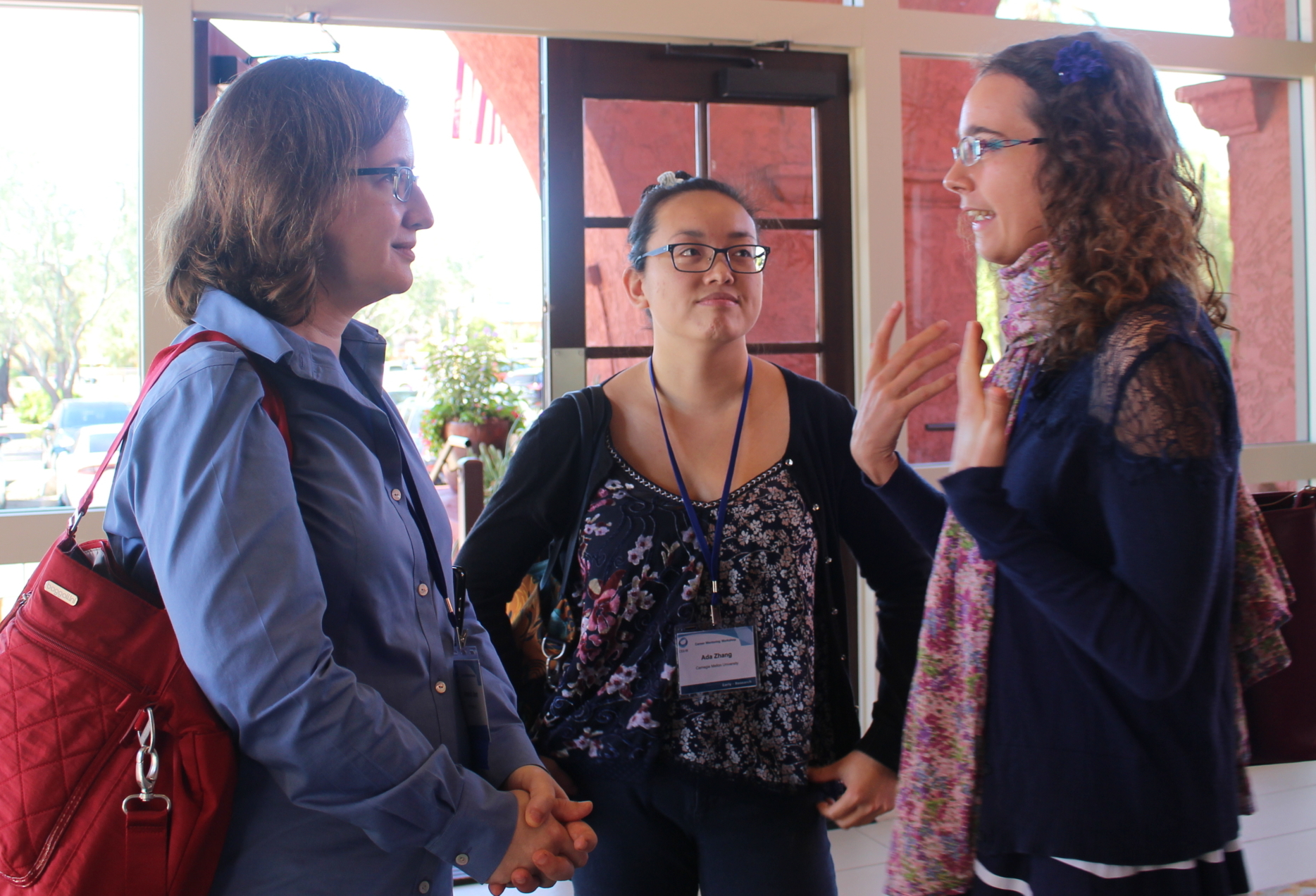 CRA-WP is thrilled to announce its biennial Career Mentoring Workshop (CMW) in Fall 2023 taking place at the Radisson Blu Aqua Hotel in Chicago, IL. The workshop presents an exceptional opportunity for early and mid-career professionals seeking growth and development in computer science research positions across three distinct tracks: education, research, and industry/lab. Read More
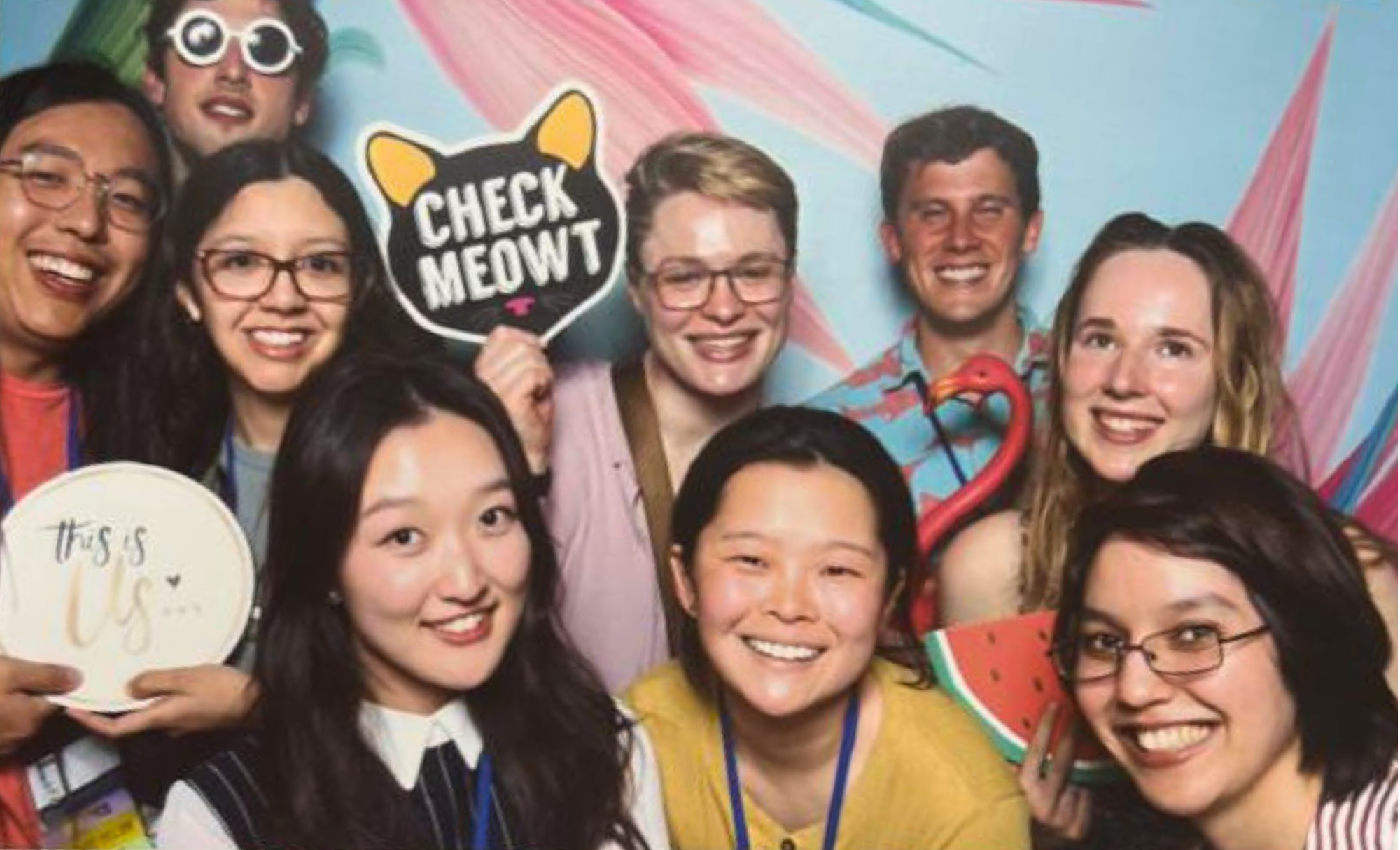 CRA-WP and CRA-E recently celebrated the first inaugural CSGrad4US fellows at the 2023 Grad Cohort for IDEALS Workshop in Honolulu, HI. The event brought together the fellows, coaches, and program leaders, who networked and congratulated each other on their progress in their PhD programs. The 16 fellows, who had completed their first semester of graduate […]
Read More
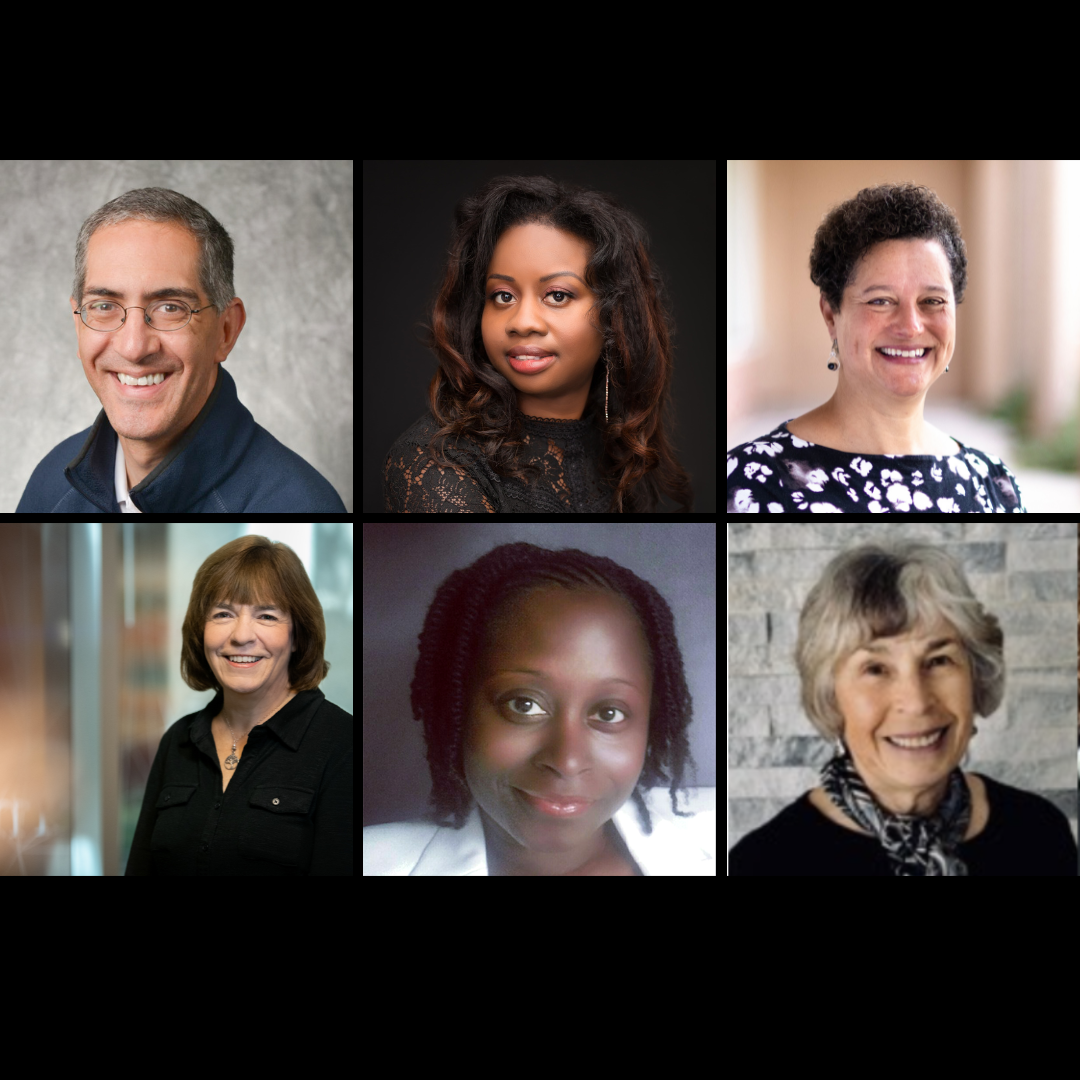 CRA-WP would like to welcome five new members to its Board of Directors: Dan Garcia, Kyla McMullen, Melanie Moses, Jodi Tims, and Gloria Washington. Additionally, Former CRA-WP Co-chair Lori Clarke has retired from the Board and is now an emerita member. Many thanks to Lori for her dedication to the success program and many impactful contributions while on the Board.
- Dan Garcia is a Teaching Professor in the Electrical Engineering and Computer Science department at UC Berkeley.
- Kyla McMullen is an Associate Professor in the Department of Computer & Information Sciences & Engineering at the University of Florida.
- Melanie E. Moses is a Professor of Computer Science and Biology at the University of New Mexico and an External Faculty Member at the Santa Fe Institute.
- Jodi Tims is the Associate Dean of Network Programs and a Professor of the Practice in the Khoury College of Computer Sciences at Northeastern University.
- Gloria Washington is currently an Associate Professor of Computer Science at Howard University in Washington, DC.
Read More
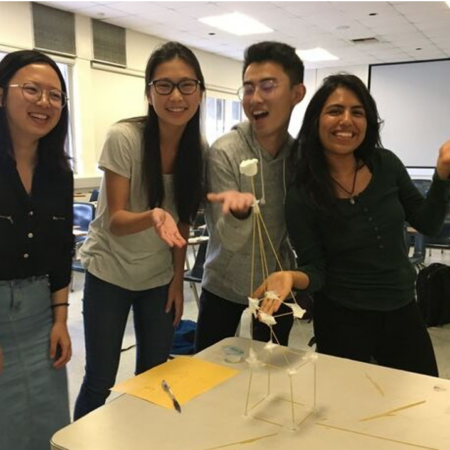 By Diba Mirza, Christine Alvarado, Diana Diaz, Renata Revelo, and Cynthia Lee
The Early Research Scholars Program (ERSP), founded by Christine Alvarado in the Computer Science Department at UC San Diego (UCSD), provides authentic research experiences to early undergraduates over one academic year. Since its inception in 2014, the program has transformed the landscape of undergraduate research at UC San Diego by significantly broadening access to research among early students, with over 350 student participants, 60% of whom identify as women or non-binary, and 22% as Black, Latinx, or Native American students. Further, ERSP has retained most participants (97% since the program matured).
Read More
By Jeff Forbes, Allyson Kennedy, Margaret Martonosi, and Fernanda Pembleton
Since the 1970s, the U.S. National Science Foundation (NSF) has established programs that focus on increasing the representation of women, Blacks and African Americans, Hispanics and Latinos, American Indians, Alaska Natives, Native Hawaiians, Other Pacific Islanders, and persons with disabilities in the field through outreach and recruitment efforts. Some of the earlier NSF investments to address broadening participation included programs like Women in Science, Minority Graduate Fellowships, and the Program for Persons with Disabilities, which explicitly focused on broadening participation and paved the way for a modern portfolio of programs that considers the diversity of communities served by NSF-funded work.
By the 2000s, the focus of BPC efforts began to shift from simply increasing representation to also addressing the systemic issues and barriers that contribute to underrepresentation. These efforts included research on the experiences of underrepresented groups in computing and the development of interventions to promote a more inclusive culture in computing education and the workforce. In 2012, the CISE Advisory Committee published the CISE Strategic Plan for Broadening Participation noting that:
It will take more than good intentions or business as usual, however, to reverse longstanding underrepresentation. It will take committed, focused, and sustained efforts on the part of many in the computing community.
In this article, we present the progress made in Broadening Participation in Computing (BPC) and call upon the entire computing community to take on the important goal of addressing underrepresentation in computing disciplines.
Read More
|